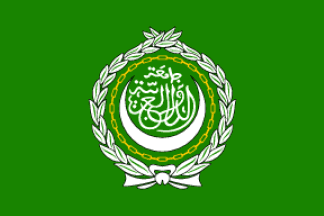TEL AVIV, Israel -- The annual Arab League summits have long inspired cynics to quip that the meetings should not be expected to produce much more than yet another declaration announcing that "the Arabs have agreed not to agree." Among commentators, this year's summit in Damascus has produced considerable agreement: the editor-in-chief of the London-based pan-Arabic daily Asharq Al-Awsat dismissed the meeting as early as February with the harsh verdict that all "the Arab summits, without exception, are unsuccessful, but it seems that the Damascus summit will be the biggest failure of them all." In the days preceding the summit, other regional commentators have joined in to declare that the summit is "doomed to failure." There is also much agreement about who should be blamed for the anticipated failure: many fingers are pointed at Syria, the host of this year's summit. Ironically, the motto of the summit is "The strength of the Arabs is in their solidarity." In the eyes of most commentators, however, Syria has failed to show Arab solidarity by insisting on disruptively influencing Lebanese politics and close ties to Iran, whose dogged pursuit of policies aimed at expanding the influence of Tehran's theocrats destabilizes the region. In a typical accusation, Asharq Alawsat Editor-in-Chief Tariq Alhomayed declared that "Tehran is exporting Khomeini's Islamic revolution to the Arab world with force -- and the gateway for export is Arab Syria." The growing sense of threat caused by Iran's hegemonic ambitions was greatly intensified by recent events: The mid-February assassination of Hezbollah terror mastermind Imad Moughniyah in Damascus aroused fears of yet another war between Lebanon's Hezbollah and Israel, which despite its protestations of innocence was held responsible for Moughniyah's death by Hezbollah leader Hassan Nasrallah. Nasrallah's calls for the "elimination" of Israel were eagerly echoed by several Iranian officials. Another alarming development occurred in early March, when the Israeli coastal city of Ashkelon, home to some 120,000 residents, came under attack by Iranian-made Grad missiles fired from Hamas-ruled Gaza.
The Arab League Summit: Threats of War, Talk of Peace

